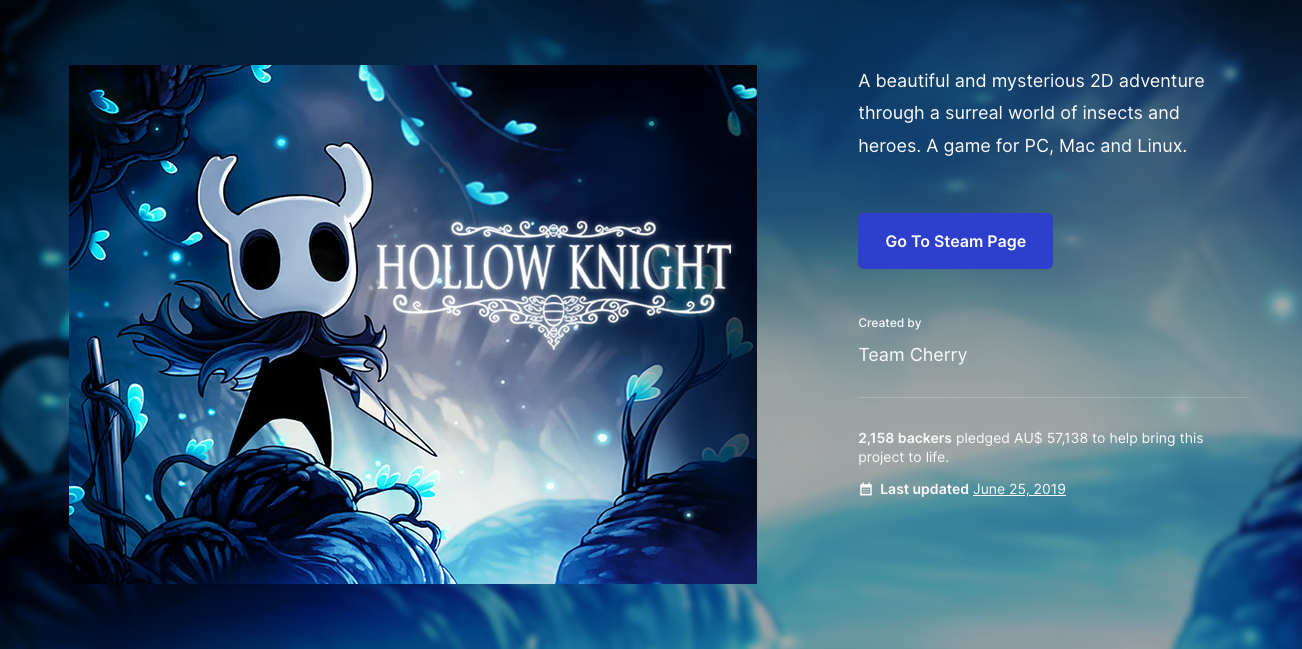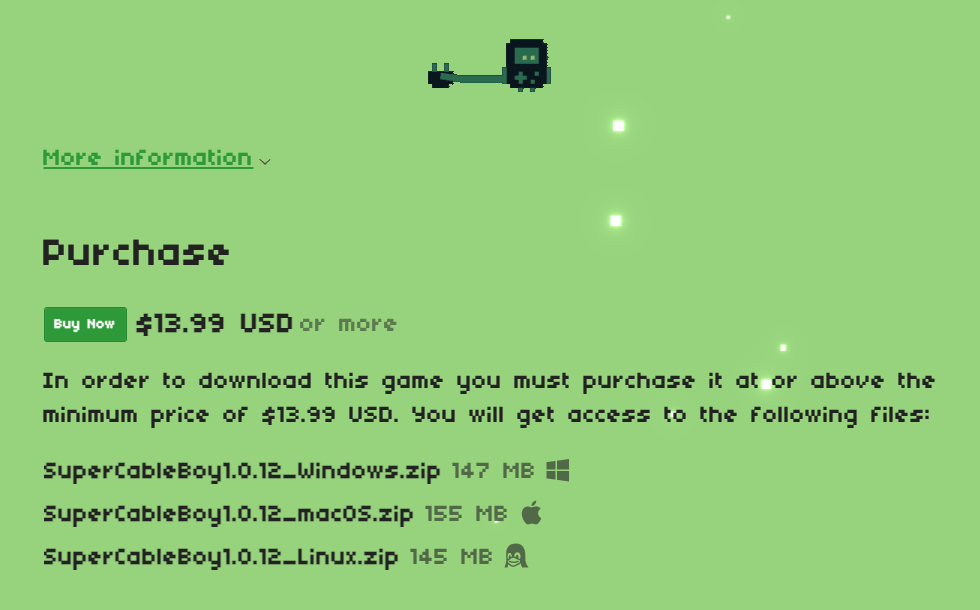
The Downside: Incentivizing Game Creators with Tips

The Downside: Incentivizing Game Creators with Tips
Key Takeaways
- Tipping game developers could be an option, but other methods like crowdfunding and Patreon already exist.
- Game developers can earn anywhere from around $40,000 to $150,000.
- Tipping culture in gaming may lead to low pay and poor conditions; a sustainable gaming economy is crucial for the future of the industry.
A controversial issue arose in gaming circles recently: the idea of tipping game developers. While it’s an interesting concept, I don’t think it’s the way forward.
Who’s Suggesting We Tip Game Developers?
In April 2024, Mike Ybarra—former President of Blizzard Entertainment—posted the following on X (formerly Twitter):
He implied that an in-game option might encourage players to reward the developer on completion of a game, when they’re most engaged with it.
Needless to say, this post generated a lot of discussion, reheating variousdebates about the price of video games and developer salaries.
How Much Do Game Developers Already Earn?
The quick and unsatisfying answer is: it depends. Game Developer roles vary enormously, from sole indie developers working on their dream projects to in-house employees at the biggest publishing houses. Like many professions, game development can be very lucrative or pitifully rewarding.
Programming salaries differ , and game developers—including those who work on indie games —can expect a starting salary of around $40,000 in the US, rising to $70,000 with experience. Unless you’re a superstar game dev, the most you can realistically expect to earn from a studio is around $150,000.
Game devs working on their own, meanwhile, will struggle unless they strike gold. Perhaps the best example is Eric Barone, the creator of the smash-hit farming sim Stardew Valley. Barone worked on his own for over four years, but his game’s success has repaid him significantly; the developer now has a net worth estimated at $45m.
Alternatives Are Already Available

Tipping is an interesting idea, but do we really need one more payment method?
Sites like Patreon and Ko-fi approach the issue of funding in different ways. The former focuses on subscription and recurring payments to provide creators with a side income; regular tips, if you like. Ko-fi, meanwhile, encourages small, one-off or regular payments, more akin to the nature of tipping, but less directly associated with service.
Crowdfunding is also a popular revenue source, at the opposite end of a game’s lifecycle. Hollow Knight raised around $40,000 from just over 2,000 backers via Kickstarter. Given the game’s success, this seems like quite a small amount, but a fundraising campaign can prove an idea is good and provide just enough capital to get started.
Buying a second copy—or “double-dipping”—is another tactic fans can use to reward game creators. This is more common in the indie scene, where physical collector’s editions are abundant, and make a tangible companion to the digital copy of a game.
The Negative Effects of Tipping Culture
My big fear for developers is that a tipping culture in gaming might duplicate the same problems that others in the service industry face: low pay, poor conditions, and a lack of respect. Game development suffered huge job losses in 2023, andthe rising cost of game production has led to crunch conditions in many studios.
On the counter side, consumers run a risk from ever-encroaching payment models. Microtransactions have already been broadly accepted as one cost of modern gaming, they just go into the pockets of publishers rather than developers.
Encouraging a focus on tipping may just be papering over cracks in the model, and could serve to distract from the issue of a sustainable gaming economy that’s future-proofed againstAI and other threats .
When Tips Might Work

Seeking some positivity, I reached out to two indie game developers for their take on the story.
Game developerGrimTalin (The Adventures of Elena Temple) picked up on Ybarra’s point about convenience:
“I wouldn’t mind a tip as an indie dev, who would? But I think there are plenty of ways for fans to be supportive, even without a tip option right there when you finish the game.
What I’d appreciate most would be for you to gift my game to a friend. This way we all win: I get another sale, your friend gets a freebie, and you’re a cool person to both of us.”
Meanwhile, Sørb ofSoerbGames (Super Cable Boy) said:
“I’m not against tipping, but my experience with voluntary payments is that devs usually end up getting paid less.
I’m a big friend of clear transactions: you pay for something, you get something. Ideally, it is as clear as possible beforehand what it is that’s being paid for and there are no hidden costs, microtransactions, gambling tricks or dark patterns.
But I generally don’t see anything morally wrong if it leads to a happy customer, as long as indie devs are fairly compensated.”
Super Cable Boy is available onitch.io , a digital store that lets you leave a tip when buying a game. It follows a “pay what you want” model also used by Humble Bundle.
So, while there is skepticism, some developers are clearly open to the idea if it results in much-needed extra income.
I think this is a reasonable compromise. I don’t want to see developers taken advantage of by a tipping culture that treats them as disposable. But if tipping is simply one form of recompense among many, and developers are fairly rewarded for their toil and innovation, then maybe it’s not all so bad.
Also read:
- [Updated] In 2024, Snapshot Showdown YouTube Shorts Challenge to the Titans of TikTok
- 2023’S Premier Tale Spinners on YT
- ChatGPT and Cybersecurity: Unveiling the Hidden Dangers to Bank Data
- Does Galaxy M34 5G has native HEVC support?
- Fixed Incompatibility: N Adapter Now Works in Windows
- How to Resolve the 'Device Didn't Migrate' Error in Windows 10
- Master the Game: Quality Gear for Maximum Efficiency
- Prime Neighborhoods: Titans’ Territories
- Steam Tightens Rules to Prevent Refund Manipulation
- Surprise Your Squad: Steam's Game-Tastic Presents
- Updated Get Ready for the Big Screen Top Movie Trailer Apps for iPhone and iPad for 2024
- Title: The Downside: Incentivizing Game Creators with Tips
- Author: William
- Created at : 2024-11-20 19:37:42
- Updated at : 2024-11-25 13:28:25
- Link: https://games-able.techidaily.com/the-downside-incentivizing-game-creators-with-tips/
- License: This work is licensed under CC BY-NC-SA 4.0.